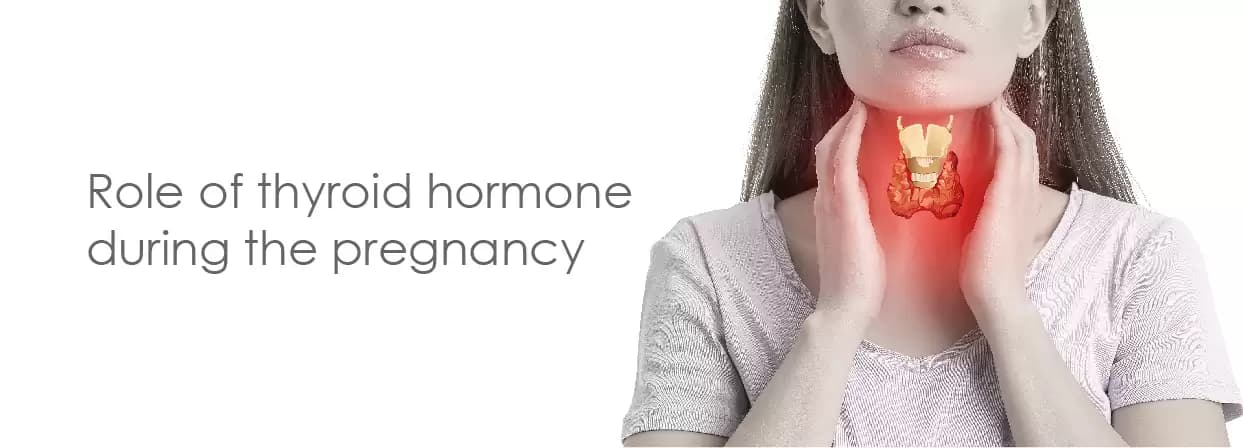
Thyroid disease is one of the most commonly found disorders that affect the huge population worldwide.
Thyroid disease is one of the most commonly found disorders that affect a huge population worldwide. The thyroid gland is small and has the shape of a butterfly and is located in the front of the neck. It is responsible for making thyroid hormones that are required by the body. Production of the thyroid hormone in optimum quantity is really important because if it is produced in less amount it causes hypothyroidism whereas if it is overactive and is produced in large amounts then it causes hyperthyroidism. Women who have thyroid-related issues have some complications during the pregnancy therefore it is necessary that the hormone levels are optimum during that time. Doctors usually prescribe medicines to control thyroid levels and recommend regular thyroid function tests in order to see if the thyroid levels are maintained. Women who suffer from irregular thyroid levels are usually recommended the best thyroid treatment in Kolkata by expert doctors and gynecologists which also includes a proper diet and a little bit of an active lifestyle to maintain thyroid levels along with the medicines.
Thyroid hormones play a crucial role during the development of a child especially when it comes to the brain and the nervous system. Thyroid hormone plays a huge role especially during the first trimester as the baby depends upon the supply of thyroid hormone through the placenta.
The baby requires thyroid hormone from the mother till 18 to 20 weeks of pregnancy after that baby has enough to work on its own. Human chorionic gonadotropin or hCG and estrogen cause a rise in thyroid hormone in the blood during pregnancy and it is difficult for the doctor to feel it during a physical examination.
But if the thyroid levels are below a certain limit or there is too little thyroid hormone, doctors are able to identify it with the help of a thyroid test or diagnose it by noticing the symptoms.
The symptoms vary depending upon the type of thyroid disorder presents at the time of pregnancy.
Hyperthyroidism in pregnancy is usually due to an autoimmune disorder known as Graves' disease. Due to this the immune system of the body makes antibodies( called thyroid stimulating immunoglobulin or TSI) that make too much of thyroid hormone. Women who have Graves disease can improve their condition in the second and the third trimester as the immune system is a little less active during that time of the pregnancy. Doctors usually try to give medications in order to keep the thyroid hormone level in control because if the hormone level goes beyond a particular limit it might harm the health of both the mother and the baby. Women who have diabetes are also at greater risk during their pregnancy, as high levels of sugar are also not good for the health of the baby and they must look for the best diabetes treatment in Kolkata, as controlling diabetes before planning a baby is far better as it provides an easier pregnancy which is without any complications.
Hypothyroidism during pregnancy is generally caused by a disease called Hashimoto's disease, which is an autoimmune disorder. In this immune system, antibodies that attack the thyroid gland cause damage and do not allow the thyroid gland to make optimum levels of thyroid hormones. This can cause anemia, stillbirth, congestive heart failure, and miscarriage of the baby. Therefore, it is necessary to take regular thyroid tests and take proper diet and medications in order to control the level of thyroid hormone.
Written and Verified by:
-DR.-Sujit-Bhattacharya-(-Endocrinology-).webp&w=256&q=75)
Dr. Sujit Bhattacharya is a Senior Consultant in Endocrinology Dept. at CMRI, Kolkata, with over 33 years of experience. He specializes in diabetes management, thyroid disorders, obesity, osteoporosis, and adrenal conditions.
© 2024 CMRI Kolkata. All Rights Reserved.